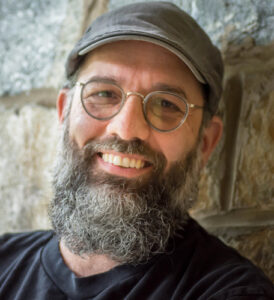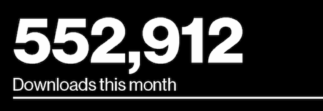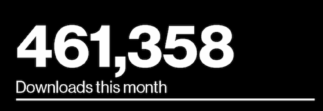 One of the many privileges of a life in professional academia is the right to set one’s own agenda. As a tenured professor of sociology at the University of Maryland, 20 years into an academic career, I’m freer than ever before to experiment and explore.
One of the many privileges of a life in professional academia is the right to set one’s own agenda. As a tenured professor of sociology at the University of Maryland, 20 years into an academic career, I’m freer than ever before to experiment and explore.
Several years ago I moved to help fill a void I saw in sociology— a need for greater openness and transparency in research practices and publications—something that many scientists in other disciplines were moving to embrace. I founded SocArXiv, an open social science archive for research papers, modeled after arXiv in math and physics and bioRxiv in life sciences. Working with the Center for Open Science and a steering committee of sociologists and librarians (including Chris Bourg), we started accepting papers in 2016, and now host more than 3,000. The work is free to share and read, with links to research materials, and proper archiving and tagging, so it’s accessible and discoverable by anyone.
Since 2016, I’ve had lots of work to do to help build an equitable, open, and durable system of knowledge communication, and it’s work I love. Thanks to the leadership of Chris Bourg, support from a group of libraries from the Association of Research Libraries, and a sabbatical leave from Maryland, in 2018 I had the opportunity to extend that work at MIT’s new Center for Research on Equitable and Open Scholarship (CREOS) as its first visiting scholar.
This followed the Grand Challenges Summit at MIT last spring, which led to a broad set of research challenges to drive innovation in this area. In response to those challenges, over the course of the fall, Director of Research Micah Altman and I conducted an analysis of the state of peer review. From that, we developed a proposal to create an academy-owned peer review system in which researchers pledge peer review units in the form of tokens—for example, five reviews per year—and those are used to support innovative new publishing programs. That way new, open peer review initiatives can draw from a bank of volunteer reviewers, reviewers can receive credit for their contributions, and we can study the results to improve the program as we go. Finally, working with Jessica Polka, the director of ASAPbio, a non-profit promoting transparency and innovation in life science communication, we are formulating a set of design principles for open scholarship innovations.
We hope to release white papers from each of these projects in the coming months. We hope this collaboration will make concrete contributions to the efforts of those across disciplines and institutions who are grappling with the daunting problems and thrilling promises of the future—how to create and bring more knowledge to more people, more equitably and efficiently, in a sustainable way. Working in the MIT Libraries gave me the chance to embrace that set of challenges, and to enter a new area of research and discovery in my career. I’m grateful for that chance, and excited about the work that lies ahead.

